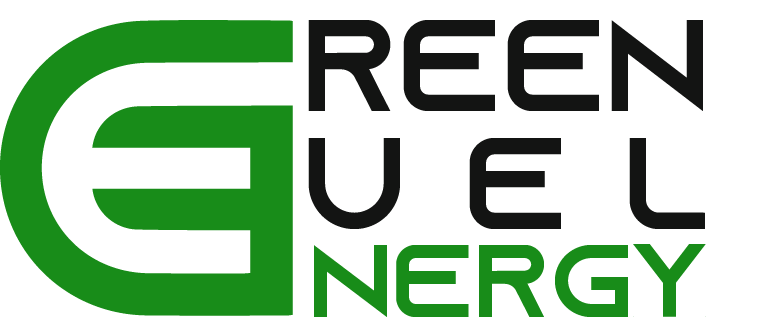1. Federal Investment Tax Credit (ITC)
The Federal Investment Tax Credit (ITC) is a prominent solar incentive in the United States. It allows homeowners and businesses to claim a tax credit for a percentage of the cost of their solar panel system installation. As of my last knowledge update in September 2021, the ITC covered 26% of the installation cost for residential systems and 22% for commercial systems. These percentages can make a significant difference in the overall cost of going solar.
2. State-Level Incentives
In addition to federal incentives, many states offer their own incentives to promote solar adoption. These incentives can vary widely from state to state but may include solar rebates, tax credits, performance-based incentives, and property tax exemptions. State-level incentives are designed to complement federal programs and further reduce the financial barriers to solar energy adoption.
3. Solar Renewable Energy Certificates (SRECs)
Solar Renewable Energy Certificates (SRECs) are a unique incentive mechanism. They are market-based instruments that represent the environmental attributes of solar energy generation. In some states, solar system owners can earn SRECs for the electricity their solar panels produce. These SRECs can then be sold on a market, providing an additional source of income for solar system owners.
4. Net Metering Programs
Net metering is a policy that allows solar system owners to receive credit for excess electricity they generate and feed back into the grid. Essentially, when your solar panels produce more electricity than you consume, the surplus is sent to the grid, and you receive credits on your utility bill. These credits offset the cost of electricity you consume when your solar panels are not producing, such as at night.
5. Solar Loans and Financing
Many financial institutions offer solar-specific loans and financing options. These loans can make it easier for homeowners and businesses to finance their solar installations. Solar loans often have favorable terms and interest rates, making solar power more accessible to a wider range of consumers.
6. Cash Rebates
Cash rebates are another form of financial incentive offered by some states and local utility companies. These rebates provide a direct monetary benefit to homeowners or businesses upon the completion of their solar panel installation. Rebate amounts vary, and eligibility criteria may apply.
7. Property Assessed Clean Energy (PACE) Financing
Property Assessed Clean Energy (PACE) financing programs are available in select regions. They allow property owners to finance energy efficiency and renewable energy projects, including solar installations, through a special assessment on their property tax bill. PACE financing often offers favorable terms and long repayment periods.
8. Utility-Sponsored Programs
Many utility companies offer solar incentives and programs to encourage customers to adopt solar power. These programs can include rebates, performance-based incentives, and special tariffs that provide favorable rates for solar energy producers. By participating in utility-sponsored programs, consumers can benefit from ongoing savings on their electricity bills.
9. Environmental Impact of Solar Incentives
Solar incentives not only benefit individual consumers but also contribute to broader environmental goals. By encouraging the adoption of solar power, these incentives help reduce greenhouse gas emissions and air pollution. Solar energy is a clean and renewable energy source, and every solar panel installation further reduces our reliance on fossil fuels.
10. Economic Benefits
Solar incentives stimulate economic activity by driving demand for solar installations. This, in turn, creates jobs in the solar industry, including manufacturing, installation, and maintenance. The growth of the solar sector contributes to local economies and fosters innovation in renewable energy technologies.
Conclusion
Solar incentives play a pivotal role in accelerating the
transition to clean energy sources, such as solar power.
From federal tax credits to state-level programs and
utility-sponsored initiatives, these incentives make solar
energy accessible and financially appealing to a wide range
of consumers. By reducing the financial barriers to entry,
solar incentives contribute to the growth of the solar
industry, create jobs, and have a positive impact on the
environment.
As governments and organizations continue to recognize the
importance of renewable energy, solar incentives are likely
to evolve and expand. Their continued presence not only
benefits individual solar system owners but also contributes
to the global effort to combat climate change and build a
more sustainable future powered by clean and renewable
energy sources.



